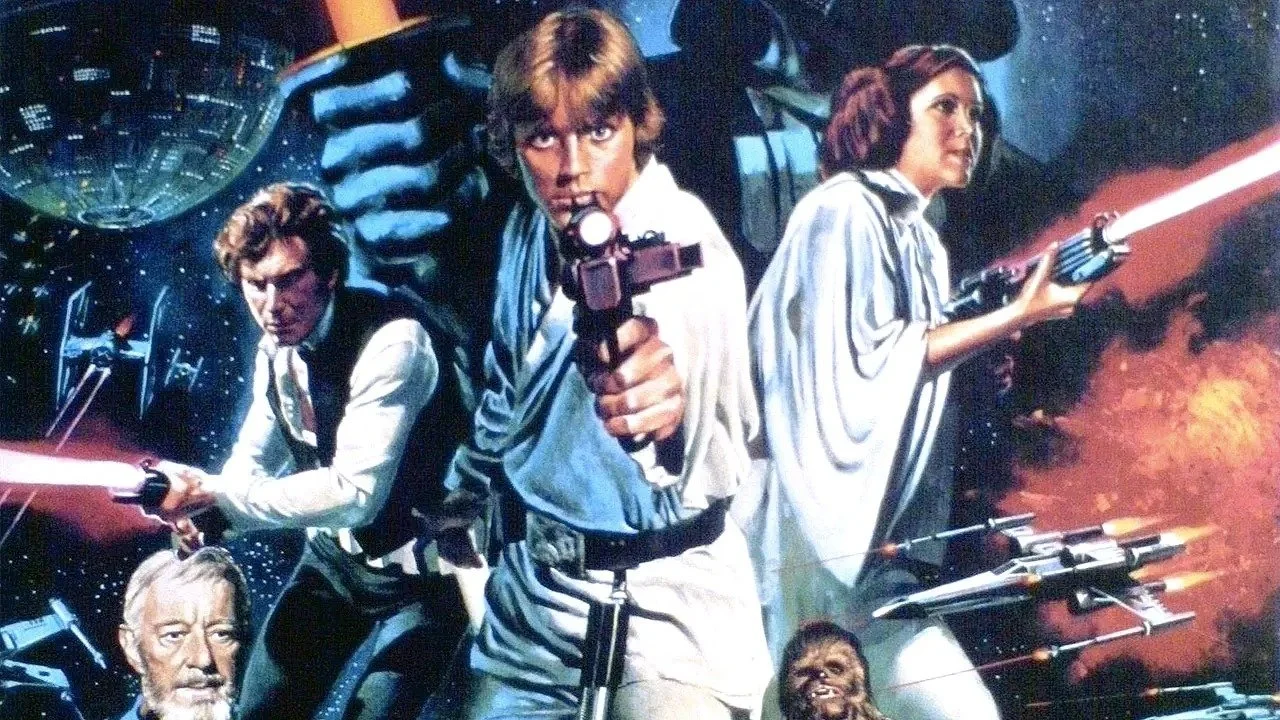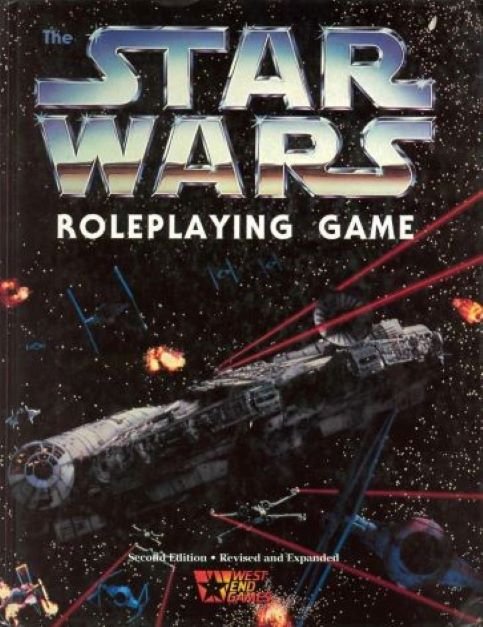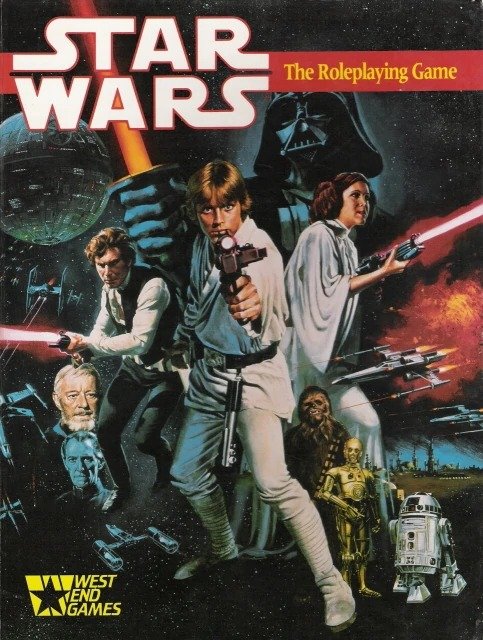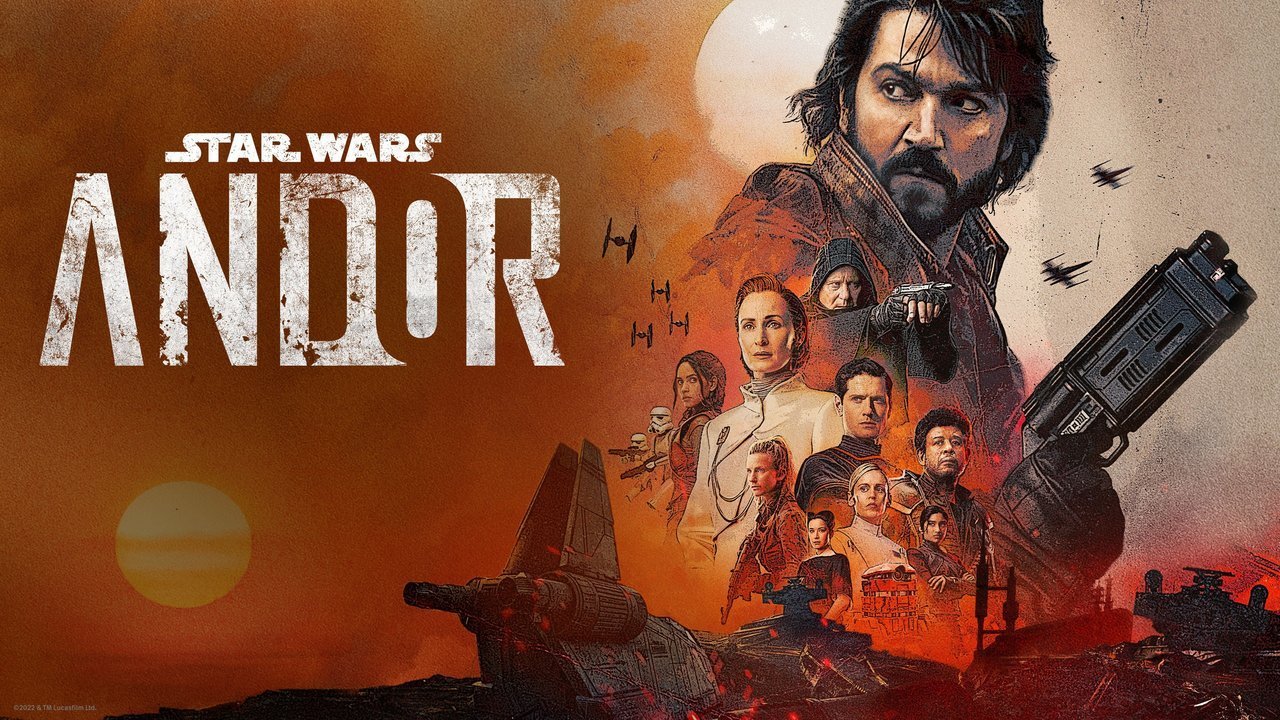How Roleplaying Games Kept 'Star Wars' Alive During The Dark Times
The year was 1987. The world was filled with questionable fashion trends, and pop music was all over the radio (for better or worse, mostly worse). Grunge music was in its infancy. Action movies like Lethal Weapon dominated the box office. It was a weird but simple time, especially for teenagers who grew up with Star Wars, which by the late 1980s was all but a memory. A nostalgic look down memory lane. By 1987, Star Wars was on life support, deep into the dark times. The only thing keeping the flame going was the tenth anniversary of the original film and a certain book publisher.
The tenth anniversary of Star Wars was celebrated on May 23- 25, 1987 (also known as Celebration Zero), but that did not really help keep the spark going. Instead, it only served as a reminder of what Star Wars meant to pop culture. What kept Star Wars alive was the roleplaying books published by West End Games. These books were our only way to obtain more Star Wars material for Star Wars nerds of the time, and the information supplied by these books was definitely enough to fill a space cruiser.
RELATED:
What was brilliant about these books is that you did not need to play the games to enjoy them. In addition to being roleplaying sourcebooks, these books were essentially encyclopedias for the Star Wars galaxy. If there was a particular planet, species, or ship mentioned in a Legends book, it could most likely be found in one of the sourcebooks, and you could read more about it. So how did this all get started?
West End Games (WEG) was the publisher of Star Wars: The Roleplaying Game between 1987 and 1998 when the company’s financial problems forced them to give up its license. The first edition of Star Wars: The Roleplaying Game rulebook was published in October 1987. It contained rules and guidelines for gamemasters and players, character templates, tips on designing adventures, and an example adventure called “Rebel Breakout.”
Released simultaneously, the Star Wars Sourcebook was written by Bill Slavicsek and Curtis Smith and first published on October 1, 1987. It was the first Star Wars roleplaying game sourcebook ever published. Later it was revised for the Second Edition by Bill Smith and Peter M. Schweighofer and republished in June 1994. The book covers the information of various sorts regarding the Star Wars galaxy, including chapters on general spacecraft systems, starfighters, capital ships, space transports, droids, repulsorlift vehicles, Imperial ground assault vehicles, aliens, creatures, available equipment, lightsabers, stormtroopers, Rebel bases, Imperial garrisons, and the heroes and villains of the original trilogy.
Although I have never played tabletop RPG games, I loved these books and thought they were invaluable to my Star Wars collection. Nearly twenty years ago, my local comic book shop, which didn’t typically sell RPG stuff, was selling a short comic box full of old Star Wars WEG books. I believe a customer sold it to them. I bought the box for $40, and it is one of the best Star Wars purchases I have ever made. I don’t read them much anymore, but if I came across a term I was not familiar with, they always came in handy. It is a good sign when authors of the Legends books would get shipments of Star Wars RPG books to use as references.
Before Heir to the Empire (1991), and before Dark Empire (1991), there were the Star Wars RPG books by West End Games. During its eleven-year reign, WEG published over 50 sourcebooks, campaigns, and guides. Wizards of the Coast took over the license from 2000 to 2010. Currently, Fantasy Flight Game holds the license, but West End Games were the ones that started it all. Without them, who knows if Star Wars would have come back to the light.
READ NEXT:





